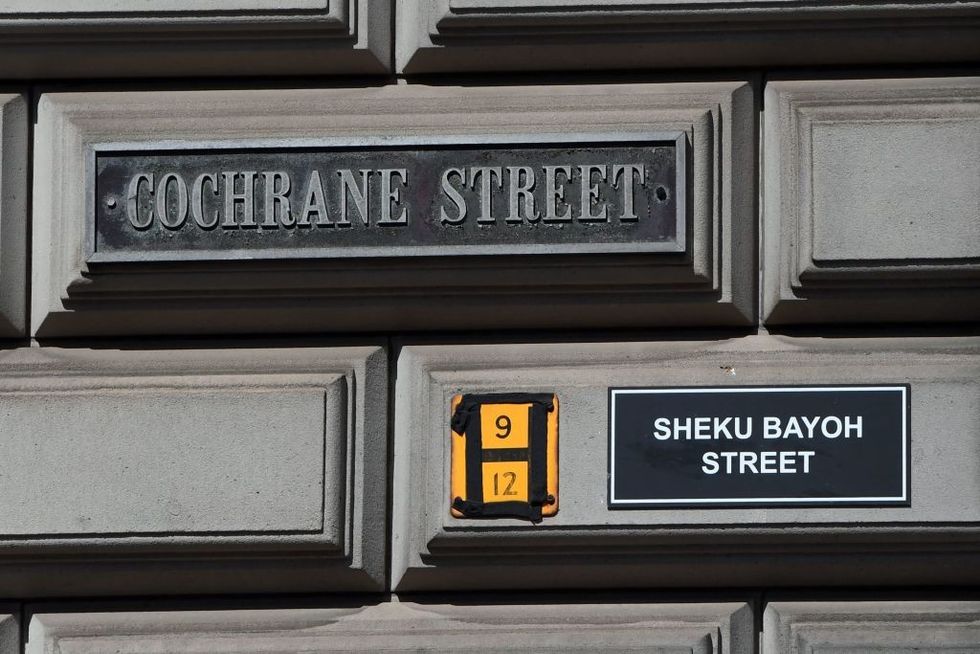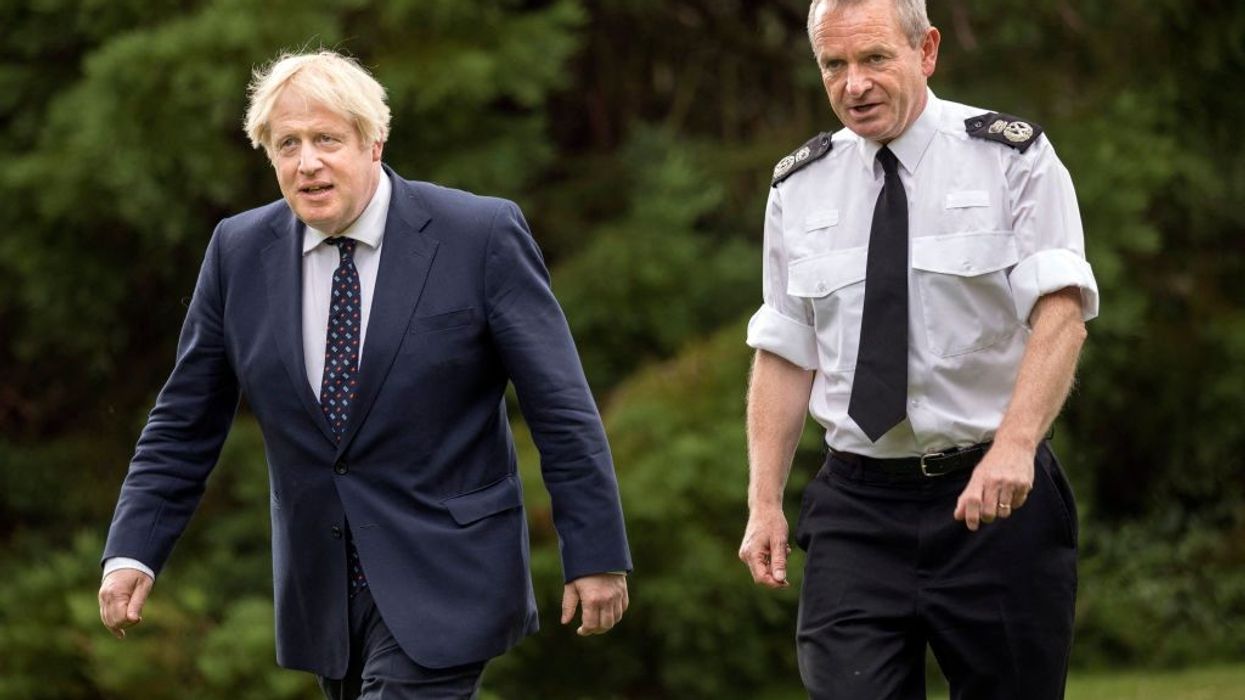THE chief constable of Police Scotland has said that the force should become "anti-racist", according to a report.
Iain Livingstone's statement on racism and policing in Scotland was heard during opening statements at the public inquiry in Edinburgh into the death of Sheku Bayoh.
Bayoh, 31, died in police custody after being restrained by officers in Kirkcaldy, Fife, in May 2015. His family alleged that race played a part in his death.
"The chief constable is sending a very clear and strong message that if you hold racist, misogynist or discriminatory views, you are unwelcome in policing. It is imperative that progress is made. Words and good intent are not enough. There will be action, practical, firm, progressive, visible action," Maria Maguire QC, who is representing Livingstone, was quoted as saying by the BBC.
"The chief constable is aware that it is not enough to be alert to racism and deal with it on a case-by-case basis. Nor is it enough simply to be non-racist. Police Scotland needs to be anti-racist."
According to her, Livingstone was affected by the words of Bayoh's sister, Kadi Johnson, who told the inquiry that she felt unsafe in Scotland after his death.
The inquiry heard that Livingstone believed Police Scotland should seek to challenge the existence and workings of racism at all levels - personal, cultural, and institutional, the BBC report added.

Police were called out in the early hours of 3 May 2015 after Bayoh was seen behaving erratically with a knife in a Kirkcaldy street. He had earlier taken drugs which friends said altered his behaviour.
According to police statements, when officers arrived he no longer had the knife but failed to obey instructions to get down on the ground.
The officers used force on Bayoh, including CS Spray and batons. He then punched PC Nicole Short, who fell to the ground.
Two officers, PC Craig Walker and PC Ashley Tomlinson, later told investigators that Bayoh carried out a violent stamping attack on PC Short. However, evidence obtained by the BBC's Panorama programme suggested these accounts may have been false.
Bayoh was restrained for five minutes before falling unconscious. He was pronounced dead in hospital a short time later.
The BBC report said that the public inquiry was announced in 2019 after it was confirmed there would be no criminal charges in Bayoh's case.
It also heard from lawyers representing the officers who restrained Bayoh. Alan Paton was one of the nine involved.
Brian McConnachie QC, representing Paton, said the former police officer was "impacted significantly" by the incident.
He said Paton retired from Police Scotland due to "ill health" and has been diagnosed with post-traumatic stress disorder.
The lawyer said Paton denied allegations that police decisions and actions in the build-up to Bayoh's death were impacted by the colour of his skin.
Roddy Dunlop QC, representing retired PCs Nicole Short and Constable Craig Walker, said that the human interest in the welfare of those officers has largely been ignored since May 2015.
Claire Mitchell QC, representing the Bayoh family, told the inquiry they have experienced institutional failure which began with a failure to preserve the life of Bayoh and thereafter properly investigate his death.
The inquiry, chaired by Lord Bracadale, continues.





